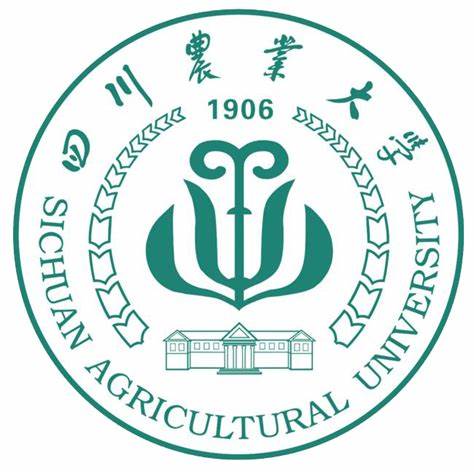ATP-binding cassette transporter TaABCG2 contributes to Fusarium head blight resistance by mediating salicylic acid transport in wheat
作者: 刁圣轩 审稿人:魏育明 时间: 2024-10-30 点击次数:次
https://bsppjournals.onlinelibrary.wiley.com/doi/10.1111/mpp.70013
Molecular Plant Pathology,Volume25,Issue 10,October 2024
Ya-Zhou Zhang,Jie Man,Lan Wen,Si-Qi Tan,Shun-Li Liu,Ying-Hui Li,Peng-Fei Qi,Qian-Tao Jiang,Yu-Ming Wei
Abstract
ATP-binding cassette (ABC) transporters hydrolyse ATP to transport various substrates. Previous studies have shown that ABC transporters are responsible for transporting plant hormones and heavy metals, thus contributing to plant immunity. Herein, we identified a wheat G-type ABC transporter, TaABCG2-5B, that responds to salicylic acid (SA) treatment and is induced byFusarium graminearum, the primary pathogen causing Fusarium head blight (FHB). The loss-of-function mutation of TaABCG2-5B (ΔTaabcg2-5B) reduced SA accumulation and increased susceptibility toF. graminearum. Conversely, overexpression of TaABCG2-5B (OE-TaABCG2-5B) exerted the opposite effect. Quantification of intracellular SA in ΔTaabcg2-5B and OE-TaABCG2-5B protoplasts revealed that TaABCG2-5B acts as an importer, facilitating the transport of SA into the cytoplasm. This role was further confirmed by Cd2+absorption experiments in wheat roots, indicating that TaABCG2-5B also participates in Cd2+transport. Thus, TaABCG2-5B acts as an importer and is crucial for transporting multiple substrates. Notably, the homologous gene TaABCG2-5A also facilitated Cd2+uptake in wheat roots but did not significantly influence SA accumulation or FHB resistance. Therefore, TaABCG2 could be a valuable target for enhancing wheat tolerance to Cd2+and improving FHB resistance.


